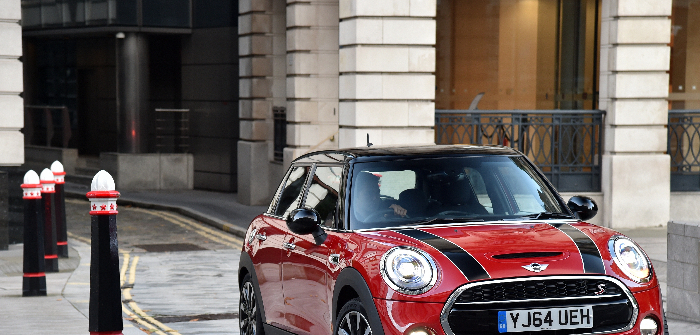Freedom of speech is dangerous. Censorship is necessary. Perhaps those are odd words for a publisher to write, but irresponsible journalism and the ability to be able to write whatever one desires without a thought for the consequences can’t be good. Indeed, I truly believe that the 2008 economic snowball was in no small part caused by the press.
This isn’t a Trump-like rant about fake news. (There’s always been ‘fake news’; it used to be called gossip!) I’m genuinely concerned that unpoliced media will cause another economic downturn or possibly even incite war.
One of the worst stories I read in the last downturn came from the self-proclaimed impartial BBC. (It impartially offers opinion every day. Can’t it see the contradiction?) Government-funded and thus free from the commercial realities the rest of the world lives with, the BBC saw fit to run a story on Mini redundancies in 2009. Hundreds of words graphically detailing the job losses, plus highlighting other car makers who also laid off employees due to the economic doom I believe it had helped generate. “Publishing facts,” they’d argue, but there, hidden toward the end of the story were two significant sentences. They talked about how Mini sales had grown globally. In fact, Mini had never sold so many cars as at that time, reported the BBC. And yet jobs were being cut. Methinks the story should have been, ‘Why is Mini cutting jobs despite unprecedented growth?’
Fast-forward to 2017 – a year in which I’ve personally never seen the western world have it so good and still the BBC writes of impending doom on a near daily basis. It’s almost like it’s willing its readers to stop spending completely!
To be fair, the BBC isn’t alone. I see careless, thoughtless journalism everywhere. Everywhere but countries like China. Now not for a second am I suggesting that I want to live in a country governed like China (I respect my and others’ freedom to be individuals too much), but having some control over the press means that when the UK media was writing about what it dubbed Black Friday in 2015 – the day the Chinese markets wobbled – in China the media was writing about something as trivial as a black cat stuck up a tree. I know because I was there that day. The story of Black Friday and economic turmoil was nowhere to be seen in China. As we know, the markets quickly recovered and that has to be in no small part because the Chinese media didn’t spread panic in the general public.
Now perhaps the Chinese press is ultimately too closely policed? I don’t know and I don’t claim to know, but there simply must be some kind of rules put in place in the Western press to ensure that journalists do what they are employed to do: report the facts. I know that to be fact because I’m a journalist by profession. They must not sensationalize and exaggerate. They must not have political bias. If markets drop by 10%, the story is that markets have dropped by 10%, not that the drop will mean job losses, less spending, famine, death, etc. It’s our human right to have freedom, but to abuse that freedom? That’s how you get your privileges clipped.
Don’t even start me on the unregulated social media where anyone can publish what they want about who they want!


